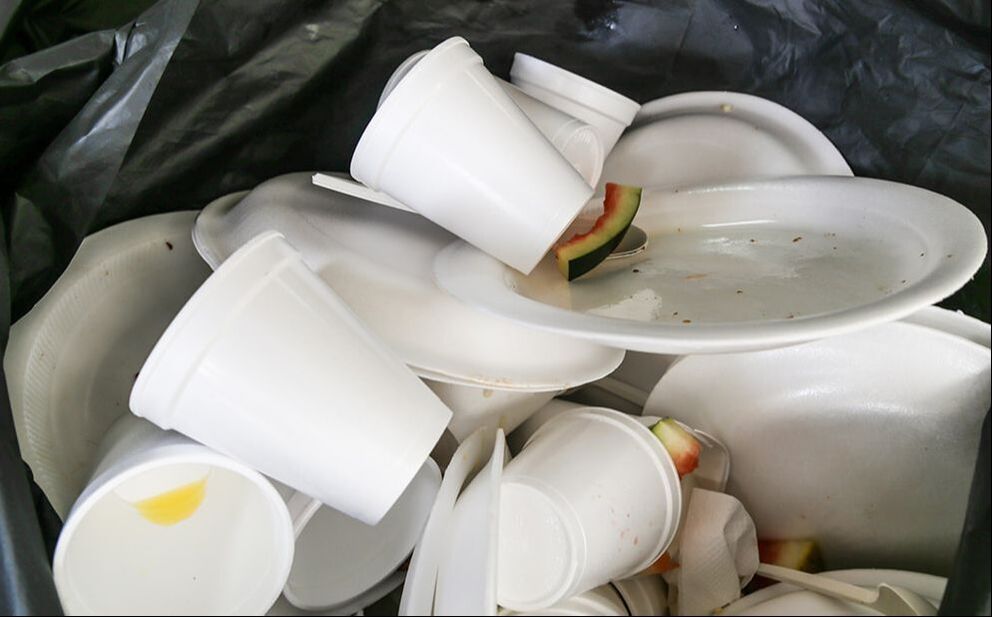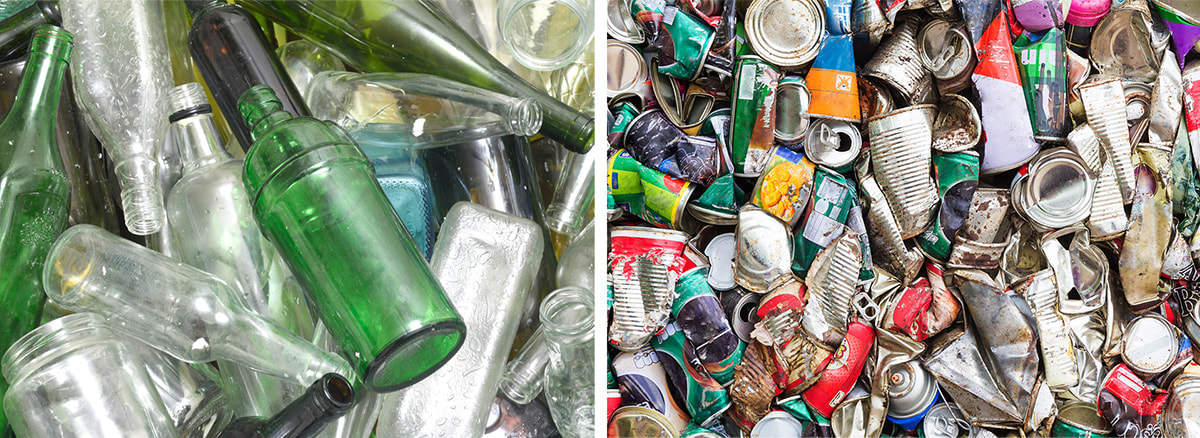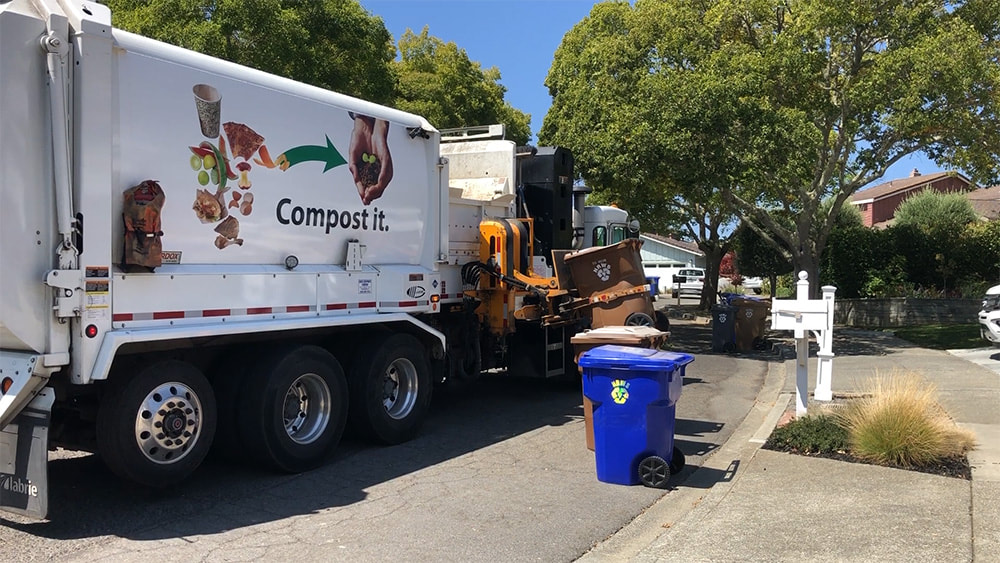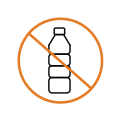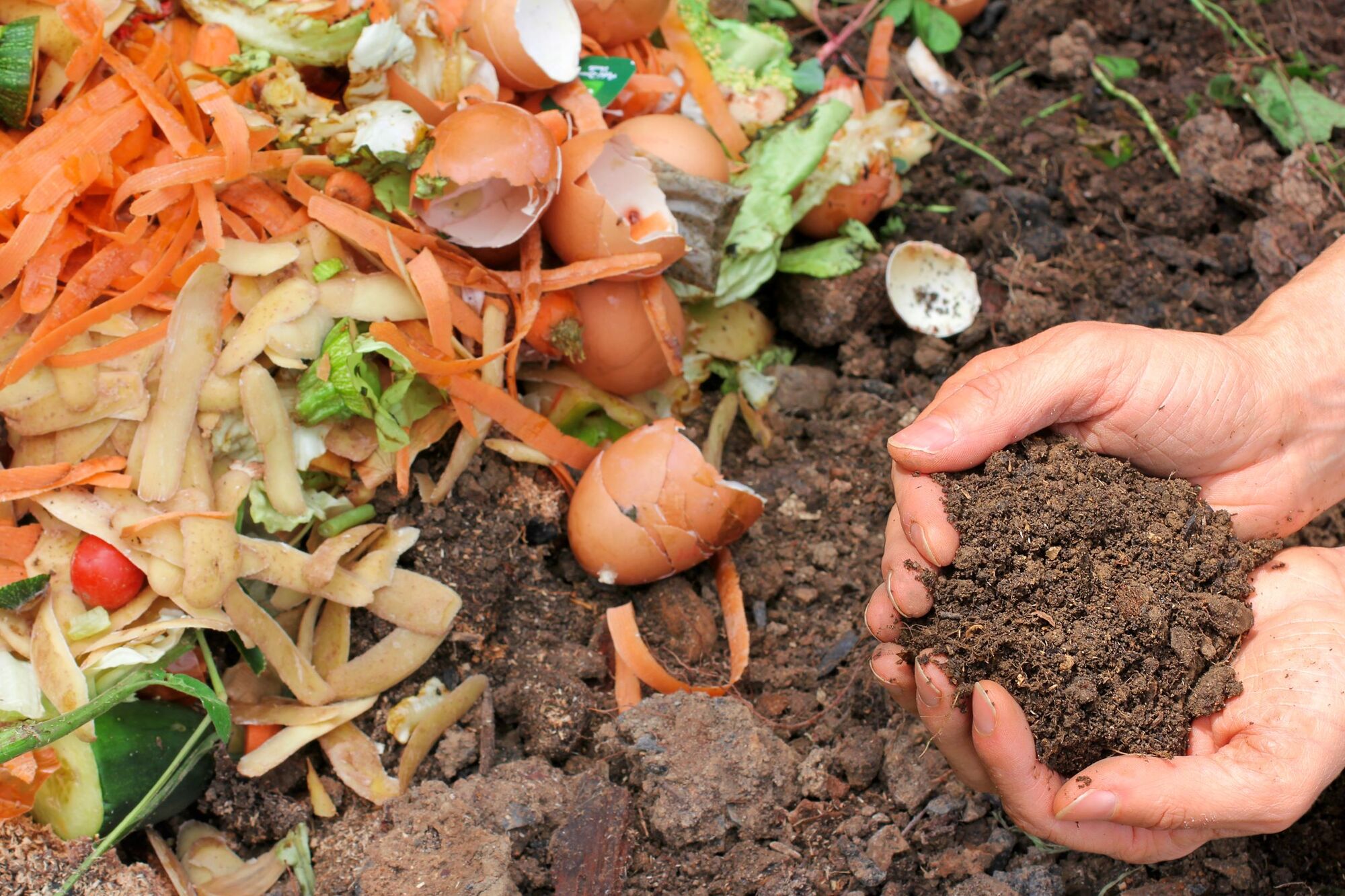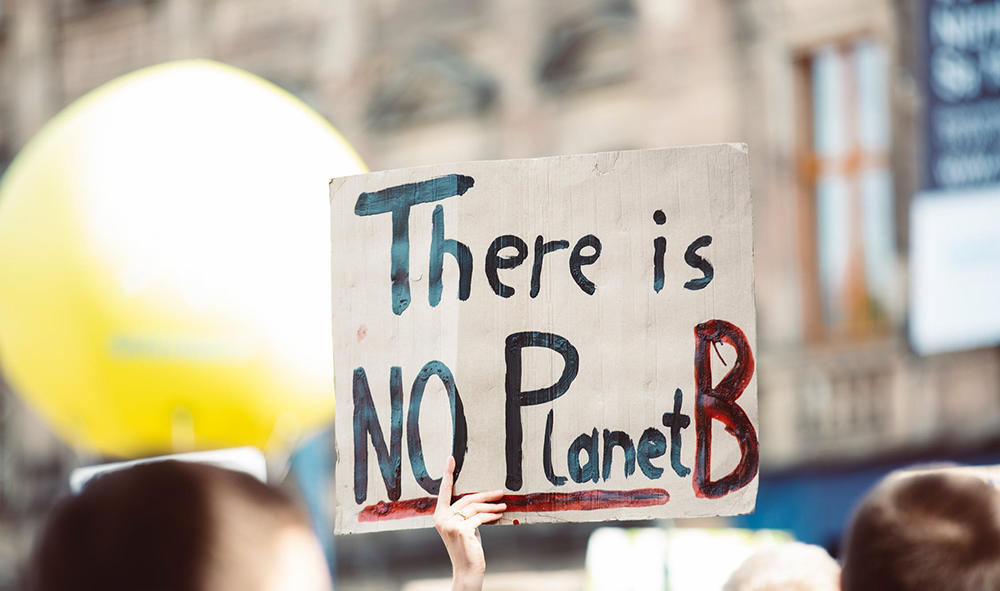Erin Levine / 10 minute read
Foodware ordinances seem to be popping up in many communities lately as officials are guiding people towards more reusables and less wasteful packaging.
|
Along with ordinances that prohibit doling out wasteful amounts of condiment packets and unnecessary straws, there are those that are going further by banning polystyrene and only allowing takeout items that are certified compostable.
The idea of protecting our finite resources on this planet is finally trickling down to the food industry, and not a moment too soon. |
Key Takeaways
|
|
We know that unnecessary packaging is inherently wasteful, especially when it’s a petroleum derived single use item.
Expanded polystyrene (EPS) foodservice ware is a human and environmental hazard. EPS is made with styrene, a suspected carcinogen, and is commonly mischaracterized as Styrofoam™ as both are lightweight foam materials. |
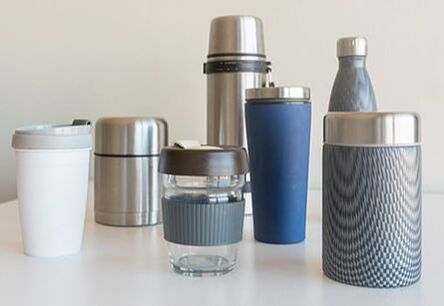
Shifting towards reusables, when feasible, works great when you can actually use the item multiple times. There is still a carbon footprint to consider when producing a reusable container made of steel or polypropylene for example. If it’s used enough (depends on the material) it is a justified way to reduce the amount of waste, as well as minimize the impact from the raw material extraction, energy, water and transportation that went into making that item.
There is still a carbon footprint to consider when producing a reusable container made of steel or polypropylene
If a reusable container isn’t feasible, then the next best thing is to choose a truly recyclable or compostable item. Deciphering what is actually able to be recycled or composted is a bit difficult, as various communities accept different materials in their waste streams. In general, aluminum and glass are fairly universal materials that most recyclers in the U.S. accept and process into new items. These materials are also durable and can be washed out to remove residual food waste, which makes for a cleaner recyclable. Check here to look up information about local recycling acceptance.
In general, aluminum and glass are fairly universal materials that most recyclers in the U.S. accept and process into new items.
For compostables, the acceptability of packaging into commercial compost programs across the U.S. is a bit murky. Composters that accept food waste don’t always allow compostable containers with their inbound materials. The National Organic Program (NOP) prohibits any bioplastics in a compost facility that registers their final product as approved for organic use.
In order to bridge society from single use plastics to more sustainable alternatives like compostables, we must advocate for more widespread commercial composting in our communities. Click here for a template letter to send to local decision-makers (city/county/township boards or departments).
In order to bridge society from single use plastics to more sustainable alternatives like compostables, we must advocate for more widespread commercial composting in our communities. Click here for a template letter to send to local decision-makers (city/county/township boards or departments).
In order to bridge society from single use plastics to more sustainable alternatives like compostables, we must advocate for more widespread commercial composting in our communities.
There are more composters that accept fiber or paper into their compost stream, but it’s still not consistent throughout the country. When accepted, compostables are a great vessel to get more food waste into a compost site, which is truly desirable material. Food waste has the nitrogen that many composters seek to balance out their piles and make a high quality product. Plus, certified compostable products like World Centric’s are made from sustainable materials like rapidly renewable plants instead of petroleum and foam. If you would like to check if your local area accepts compostables in their compost program check this map.
Looking to the future, one should consider ways to minimize their waste when it comes to food ware. Here are a few suggestions:
There are more composters that accept fiber or paper into their compost stream, but it’s still not consistent throughout the country. When accepted, compostables are a great vessel to get more food waste into a compost site, which is truly desirable material. Food waste has the nitrogen that many composters seek to balance out their piles and make a high quality product. Plus, certified compostable products like World Centric’s are made from sustainable materials like rapidly renewable plants instead of petroleum and foam. If you would like to check if your local area accepts compostables in their compost program check this map.
Looking to the future, one should consider ways to minimize their waste when it comes to food ware. Here are a few suggestions:
Resources:
For a comprehensive list of county ordinances, see the Plastic Pollution Coalition website: plasticpollutioncoalitionresources.org/foodware
To check on recycling in your town, see how2recycle.info/check-locally
To see if your local hauler accepts compostables, check this map created by the Sustainable Packaging Coalition.
For a comprehensive list of county ordinances, see the Plastic Pollution Coalition website: plasticpollutioncoalitionresources.org/foodware
To check on recycling in your town, see how2recycle.info/check-locally
To see if your local hauler accepts compostables, check this map created by the Sustainable Packaging Coalition.
Author Profile
Erin Levine is the Resource Recovery Manager at World Centric
